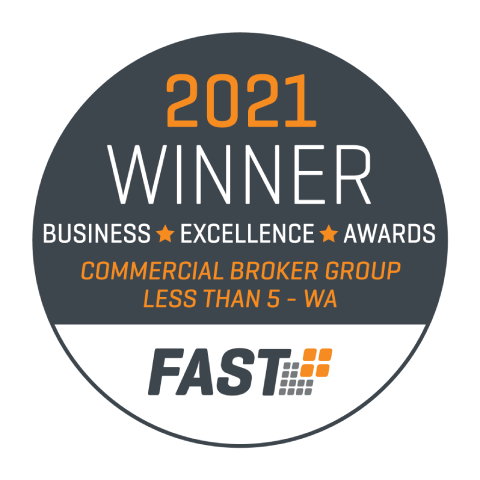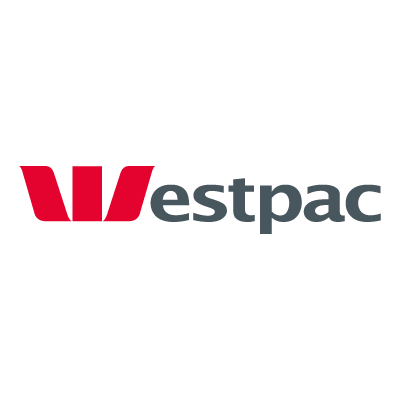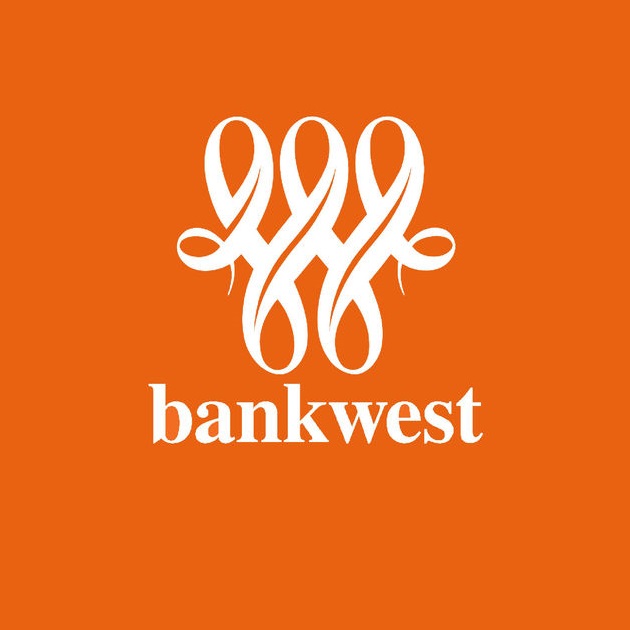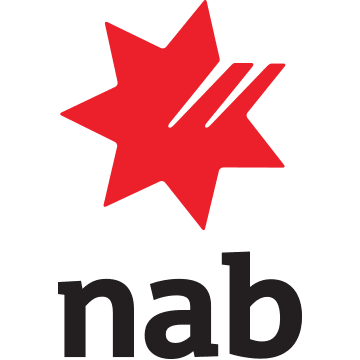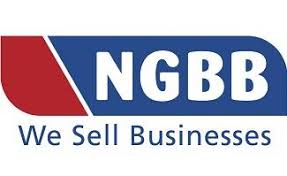How to Get Funding for Your Property Development Project
Commercial property development requires substantial upfront capital for acquisition, construction, and professional services. Since commercial developments take time to complete, developers will also need working capital to cover expenses before they begin generating revenue. This is why finding the right funding is crucial for any property development project.
In this article, we’ll explore the major steps for obtaining financing for a commercial development project. This includes:
By understanding these steps, property developers can navigate the complex process of securing financing more strategically when seeking funding for their commercial development projects.
While following these steps can set you on the path to securing financing, partnering with an experienced commercial finance broker is always recommended. They have the expertise to guide you through the intricacies of the process and access to diverse funding sources. By leveraging their knowledge and connections, you can identify the optimal financing mix to turn your vision into a funded commercial development.
Funding for Your Property Development Project
1. Assessing Capital Needs
Determining your total capital needs is the critical first step in securing financing for your development project. This involves building a comprehensive project budget that factors in every cost – land acquisition, construction, council fees, professional services, taxes, insurance, contingencies, and more.
You’ll also need to create detailed cash flow projections that estimate costs and revenues on a month-by-month basis over the entire project lifespan. This allows you to account for timing – when funds need to be expended versus when income is generated.
It’s important to build appropriate contingencies into your budget – at least 5-10% of total costs as a buffer. And consult financial experts to review your projections, assumptions, and models to ensure they are rigorous and defensible.
Doing this capital needs assessment thoroughly is essential because it determines how much financing you will need to raise. More accurate projections give lenders greater confidence in your ability to repay debt. A clear picture of your capital needs gets your financing search started on the right foot.
2. Research Financing Options
With your capital needs firmly established, the next step is researching potential financing options. There are various debt and equity sources to evaluate:
-
- Bank construction loans and commercial mortgages
- Private lending from institutions like credit unions
- Equity financing through partnerships or joint ventures
- Mezzanine debt that combines debt and equity
- Government-backed development loans or grants
- Vendor financing offered by sellers
- Crowdfunding through peer-to-peer lending platforms
Take the time to thoroughly compare interest rates, terms, requirements, timeframes, and flexibility across these options. Aim to diversify your funding sources – mixing debt and equity can help optimise risk versus return.
Keep an eye out for financing options that will provide you with the levels of control and flexibility your project needs. You should also consider working with a commercial finance broker to ensure you have access to a wide range of products and lenders. The goal is securing the optimal funding mix to turn your development vision into reality.
3. Structuring Your Proposal
Once you have a good understanding of the financing options available, it’s time to start structuring your formal proposal. This is your opportunity to present your project in the best possible light to potential lenders and investors.
Your proposal should include:
-
- An executive summary that outlines your capabilities as a developer, experience with similar projects, and a high-level overview of this development plan. This is the first thing readers will see, so make it compelling.
- Detailed information on the development site, including site plans, maps, proof of ownership or control. Providing evidence that the site is viable is key.
- Market studies, independent appraisals, and environmental reports that demonstrate demand for the project and mitigate perceived risks.
- A thorough construction budget, schedule, sources and uses of funds, and month-by-month cash flow projections. This financial data is critical for lenders.
- Concise descriptions of your proposed financing structure, terms, and equity contribution or security available.
The goal is to convey to lenders that you know what you are doing, have done your homework, and represent a solid investment. A well-structured proposal gives you the best shot at obtaining financing.
4. Evaluating Lender Options
With your polished financing proposal in hand, it’s time to start evaluating potential lenders and investors to approach.
This process entails:
-
- Leveraging your existing banking relationships first. Talk to lenders you know and trust to get their take and secure pre-approval letters/terms sheets.
- Researching active local/national lenders and equity partners. Seek out those familiar with projects like yours or with suitable risk appetites.
- Approaching prospects, providing executive summaries and holding initial discussions. Assess their interest level and proposed terms.
- Comparing interest rates, fees, terms side-by-side to find the most favourable deals. But look beyond rates – flexibility and experience are also key.
- Targeting lenders that funded similar projects successfully in the past. Their experience with developments like yours means you represent a lower perceived risk.
When evaluating lenders, give preference to those willing to customise terms, fees, leverage, and covenants to suit your project’s unique needs. Flexibility demonstrates sophistication, financing experience, and sincere interest in structuring an optimal package for your development.
The goal is to identify the right mix of debt and equity sources for your specific project – this provides the greatest chance of success. An experienced finance broker can help you access the widest range of options and will often have access to special rates to benefit your project.
5. Closing the Loan
Closing the loan finalises financing so construction can begin swiftly. As part of this process, you will likely:
-
- Work with legal counsel to finalize all loan terms – interest rate, length, fees, covenants, guarantees, and any deal conditions.
- Need to satisfy lenders’ pre-closing conditions by providing permits, evidencing presales, or meeting other stipulations.
- Sign final documents after a thorough legal review to protect your interests.
- Receive initial loan disbursement at closing per the agreed schedule so you can start constructing without delays that starve working capital.
Staying proactive ensures favourable terms so you can move into the construction phase seamlessly.
6. Managing Your Development Finance
Once financing is secured, continue to providing lenders with regular progress reports and updated budgets as you meet milestones. Maintaining this level of transparency and frequent communication will help build positive relations.
Here are some common lender expectations for how you will manage the loan:
-
- Carefully manage drawdown requests, only requesting disbursements once project milestones are complete.
- Be proactive addressing issues – offer solutions quickly.
- Renegotiate terms collaboratively if needed.
- Only tap into contingency funds when absolutely necessary. Use it to cover unexpected overages.
Treat lenders as partners invested in your mutual success. By proactively managing the financing process, you establish trust and credibility with lenders. This smooths the way for securing financing for future development projects.
The Value of an Experienced Commercial Finance Broker
While following these steps can set you on the path to securing financing for your commercial property development, partnering with an experienced commercial finance broker is highly recommended.
Commercial finance brokers have years of expertise guiding clients through the intricacies of the financing process. They have strong relationships with a diverse range of funding sources, from banks to private lenders to equity partners. This expands your options.
By leveraging your finance broker’s market knowledge and connections, you also save significant research time. With years of industry experience, they’ll know where there is demand for your vision, as well as how to present proposals persuasively to secure optimal terms.
Most importantly, a seasoned finance broker will understand your exact needs and tailor solutions to fit your unique circumstances. They’ll structure terms, fees and conditions favourably on your behalf from capital assessment through to closing.
Get In Touch
Getting a major development project funded can be complex, but the right commercial finance broker handles the heavy lifting. As one of Perth’s leading commercial finance brokers, Southshore Finance is here to help you learn more about commercial property and development funding and make sure you get the most favourable finance for your development project.
Contact us today to book a consultation to assess your project needs. Our experts are ready to help turn your vision into reality.
Our Partners & Lenders
Homepage Carousel 2
Get in touch.
Phone: 08 9474 1999
Fax: 08 9474 1542
Contact Us
Follow us here.
Subscribe for occasional financial news and tips.
